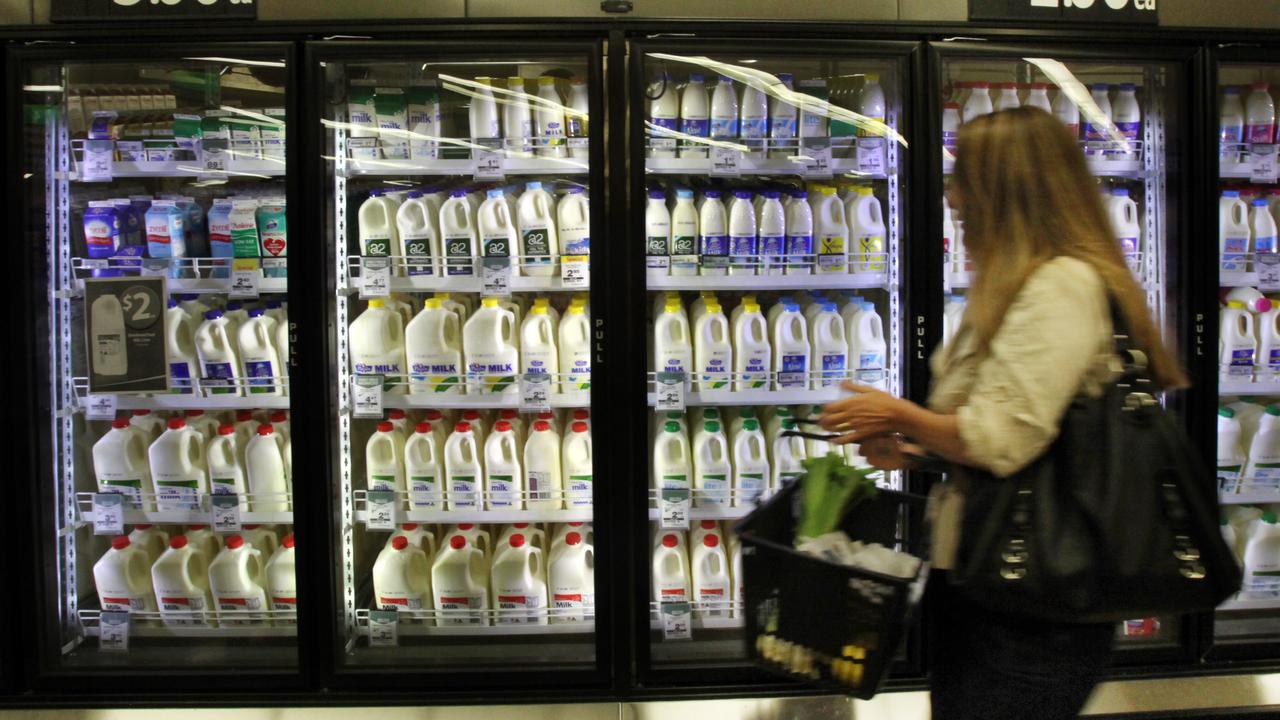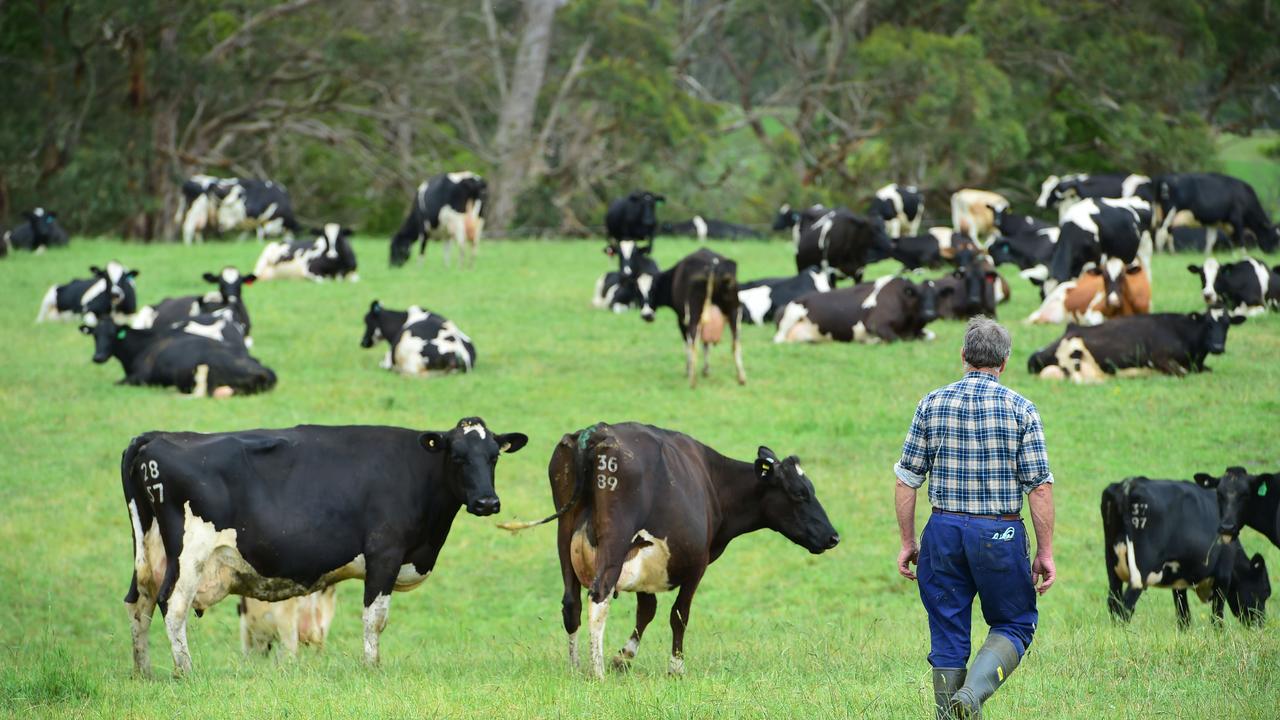Slaughterhouses result in negative impact on surrounding community
THE horrors within slaughterhouses of killing on an industrial scale extend well beyond the animals, writes ASH NAYATE.
COMMUNITY violence is a devastating problem in Australia and worldwide. News headlines regularly broadcast acts of human violence due to race, gender, sexuality, age, economic status, or ability.
It is well established that the presence of slaughterhouses has a negative impact on the surrounding community. For example, the work of criminologist Professor Amy Fitzgerald has consistently found a connection between slaughterhouses and increased rates of violent crime, including homicide, sexual assault, and child abuse.

In addition to the animals, victims of slaughterhouses include the workers themselves. Many of them are victims of oppressive systems that sequester them into this work. Undocumented migrants have long been a cheap and reliable source of labour for slaughterhouses. Under threat of deportation, undocumented migrants are discouraged from making complaints about their working conditions, or even seeking medical assistance when injured.
More recently, increasing numbers of refugees are entering slaughterhouse work. Refugees are legally allowed to work, but they are still easily manipulated by unscrupulous employers. Slaughterhouse work is often the only option for such people. Some may be unaware of the full extent of the horrific work that awaits them in slaughterhouses, and once employed find it difficult to leave.
Slaughterhouse workers are generally at higher risk of psychological distress, including depression, anxiety, substance abuse, trauma (e.g. nightmares about violence), paranoia, and dissociation. Refugee workers may be particularly at risk, as many of them may have existing trauma.
The psychiatric impact of slaughterhouse work is unsurprising. The unnecessary killing of animals, particularly at such an industrial scale, is so fundamentally contrary to spiritual qualities such as kindness and compassion. Such work requires a level of disconnection from one’s own emotions and spirit, where mental barriers are enforced to distance oneself from the horror.
All forms of oppression are connected, and slaughterhouses not only perpetuate violence and oppression towards humans but also promote animal cruelty. By addressing the very real human toll of slaughterhouse work, we bridge the divide between human rights advocates and animal rights advocates.
●Dr Ash Nayate is a vegan neuropsychologist
READ MORE
CLAIMS ‘ABATTOIR CULTURE’ INCREASES CRIME


